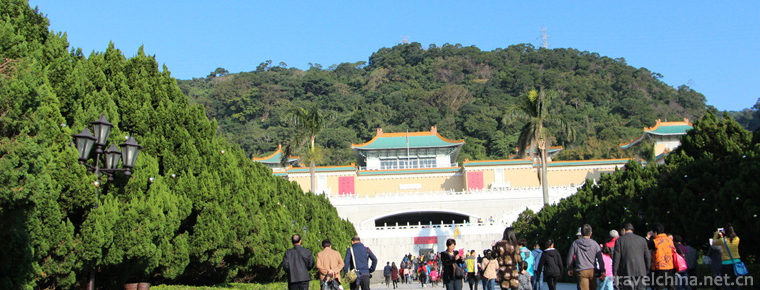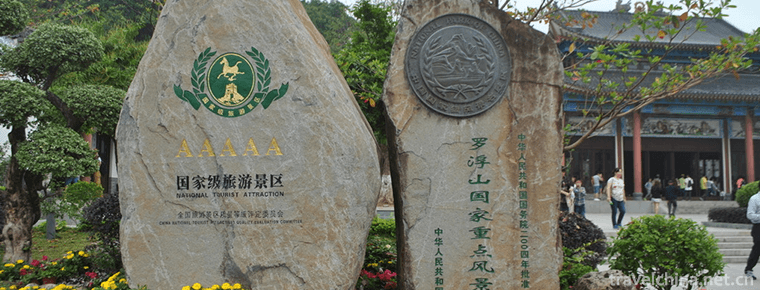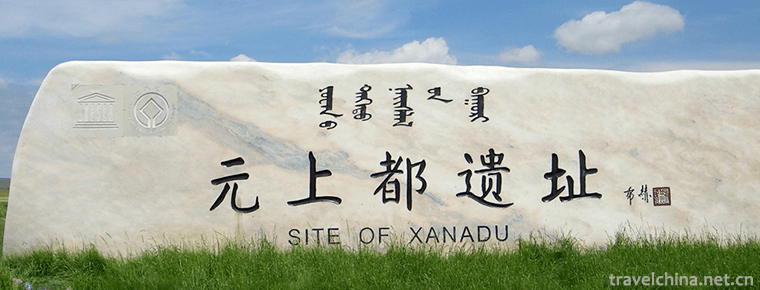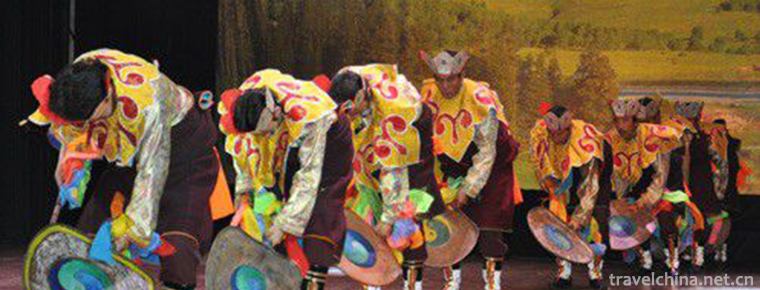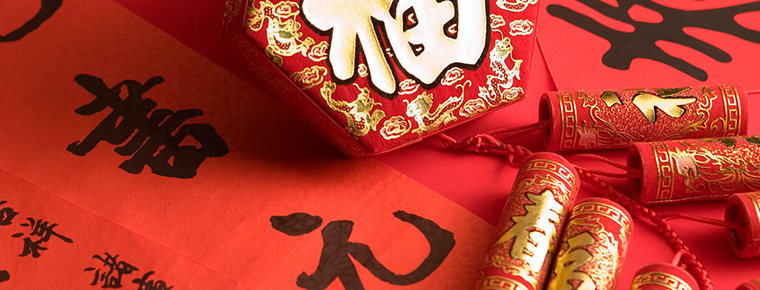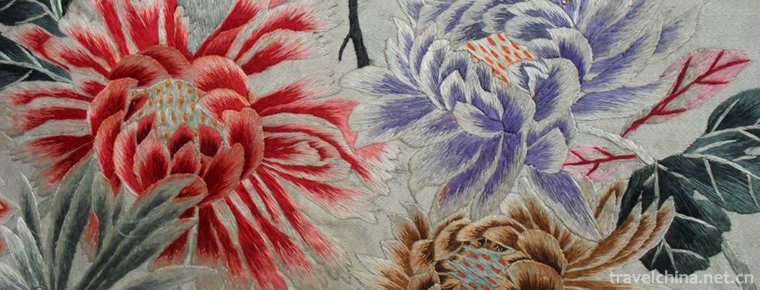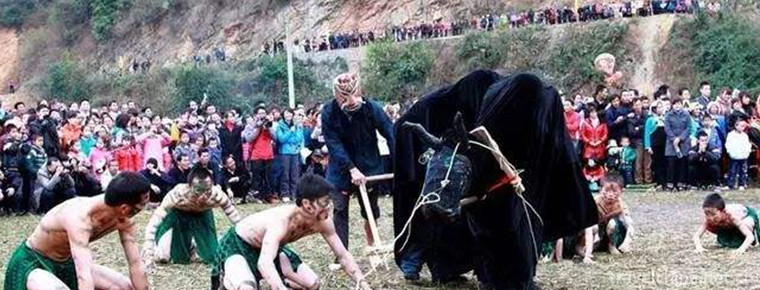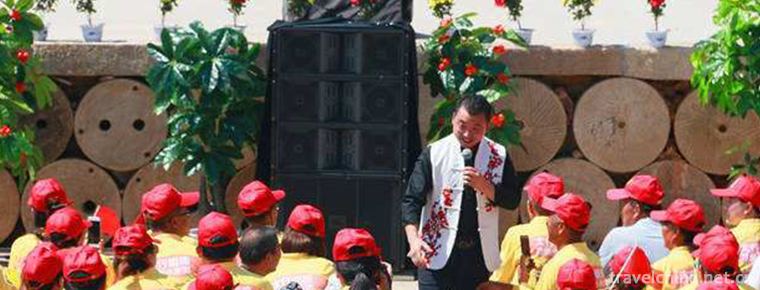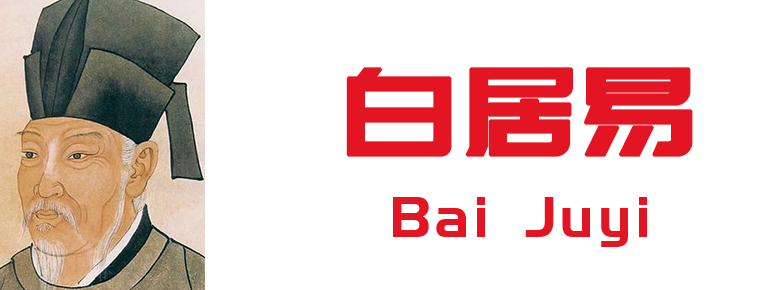Qijia Yanxi
Qijia Yanxi
"Qijia Yanxi" is a long narrative poem in Tu folk literature. It records the eleventh generation of Qi Tusi Chief Qi Yanxi in the history of Tu people, despite his old age and physical decline, resolutely led his children to fight against the enemy of invasion, heroically dedicated deeds, praised the national heroes of Tu people, and expressed the profound righteousness of the Tu people and the dauntless spirit of safeguarding national unity.
On November 11, 2014, Qijiayan West was approved by the State Council to be listed in the fourth batch of representative projects of national intangible cultural heritage.
Historical Origin
The Tu nationality is an ancient nation, a people who can sing and dance well. Many songs and dances have been handed down from ancient times to the present. Among them, the song "Qijia Yanxi" has been sung so far. Qijia Yanxi is constantly enriched and developed in the process of spreading. In the process of development and change of narrative poems, folk artists who sing narrative poems have played a very important role. Its main area of circulation is the Tu villages around Weiyuan Town, the seat of Huzhu Tu Autonomous County.
primary coverage
"Qi Jia Yanxi" narrates that Luoyang City in the Central Plains is occupied by a gang of robbers, who are strong soldiers, murders and set fire, robs people's property, rapes women, oppresses the people, and does nothing evil, which upsets the chickens and dogs in the area of Luoyang City. As stated in the poem, "The thieves and bandits in Luoyang City rebelled, oppressed the good and evil people like mountains, and the suffering people suffered."
When the emperor knew about it, he called on ministers to discuss and put up a list to show the world who could calm these robbers, add officials to their posts, add posts to their posts, and make their descendants glorious and noble forever. There was a general Chai soldier who had little skill, but he was eager to get rich when he was promoted, so he uncovered the prose and sent his troops to fight Luoyang. But the three marches were all defeated. The emperor was angry and ordered him to be banned again. If he could not fight again, he would be severely punished. Chief Chai soldier could not think of a plan to break through the enemy. Finally, he remembered Qi Yanxi, the old hero of the Tu nationality.
Although Qi Yanxi must be completely white, he has courage and resourcefulness to break through the enemy. At that time, the Qijia Yanxi "70 years old to run 80, can not ride horses to stamp on the stirrups." But Chai's army was frustrated in its expedition and dared not appeal to the court. With an ulterior purpose, he forced Qi Yanxi to go on the expedition through three military posts under the pretext of imperial decree. Qijia Yanxi went out resolutely despite repeated dissuasions from his wife and concubines. But in the journey, "I met a autumn armour son when I went out, and it lasted forty days in the shade". Chief Chai soldiers set up Qijia Yanxi again, deliberately delayed the delivery of grain and grass on schedule, thus trapping the barren beach for many days. Qijia Yanxi overcame many difficulties, crossed the Heishui River, hung red lanterns on the horns of the goats and attacked at night. He was wise enough to win the battle. But on his triumphant journey, he was plotted by the chief firewood soldier and killed with an arrow.
Qi's children remember their father's revenge when they were young and practiced martial arts to prepare for revenge. As soon as he was thirteen years old, he went to fight the chief firewood soldier. The girl of the chief firewood soldier fought, defeated once, and was caught once by the girl of the chief firewood soldier. But they all let go of the brave boy. This is because Chai girl has a crush on Qi's children and can't bear to kill him. Later, it was agreed to play three more games. If the Qi children could not win, they would have to marry Chai girl. As a result, she lost all the three wars and was caught by Chai Girl. The Qi children promised to marry, but offered to meet his father, Chief Chai, and said they were afraid of her father. What should I do? Chai girl promised to see her father. If she was afraid, she could tie him up in the back garden and let him see him. Qi's children went to the back garden and saw that the general firewood soldier was tied up there, killing the general firewood soldier while others were not ready. Chai Girl was very sad to see Qi's children kill their father, but she felt that the matter had come to an end, and that the death could not be resurrected. It was also his father's retribution. If she did not pursue it, she would step up her preparations to marry Qi's children. However, the Qi children refused to marry their enemy's daughter. He took his father's marshal's seal and went to the Jin Ruan Hall to see the emperor. He showed his father's grievance of being killed by the general soldiers of Chai Dynasty. The emperor named the children of Qi family as hereditary general soldiers of Qi Dynasty.
Manifestation
As an oral literature, narrative poems can be chanted and sung, and mainly by singing. The singing form of the narrative poem "Qijia Yanxi" is influenced by the "flower" of the Tu nationality. The popular "Qijia Yanxi" in Tianzhu Tu nationality area of Gansu Province is mainly in the form of singing.
Current situation of inheritance
There is no written language in the Tu nationality. Qijia Yanxi is handed down from generation to generation. With the death of the old artist, less and less people know about this long narrative poem, "Qijia Yanxi" is on the verge of being lost, which is in urgent need of rescue and protection.
Inheritance Significance
The whole poem of Qijia Yanxi has regular rhythm, powerful melody and melancholy and solemn tone. It presents a vast picture of Tu people's farming life, reflects the national spirit and unique aesthetic taste of the Tu people, is rich in regional style and national characteristics, and has high ideological, literary and artistic value. It is an important reference for the study of Tu people's social situation and its historical evolution in the late Ming and early Qing Dynasties. Examination materials.

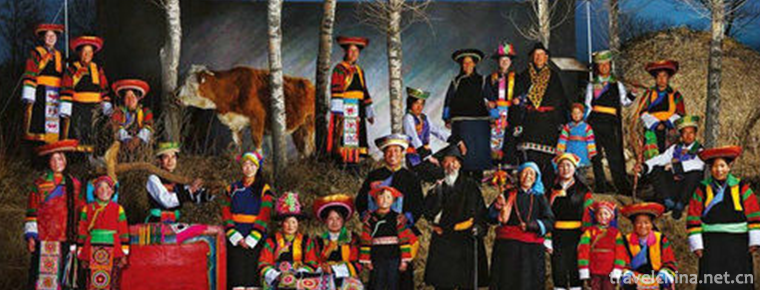
Qijia Yanxi
-
National Palace Museum Taipei
Taipei national the Imperial Palace Museum, also known as the Taipei the Imperial Palace and Zhongshan Museum. It is one of the three major museums in China and one of the largest comprehensive museum
Views: 304 Time 2018-10-12 -
Luofu Mountain Scenic Area
Luofu Mountain Scenic Area is a national AAAAA level scenic area. It is located on the Dongjiang River of Guangdong Province, 35 kilometers away from Boluo County, Huizhou City
Views: 341 Time 2018-12-12 -
Site of Xanadu
Views: 213 Time 2018-12-23 -
Tibetan Gugu Encouragement
Tibetan God inspiration has a long history. As for its origin, there is a legend that one or two hundred years ago, a "Gawa Hubo" (i.e. a local official) in Ningba village danced in the mans
Views: 412 Time 2019-04-05 -
Spring Festival
The Spring Festival, the Lunar New Year, is the first year of the year and also the traditional "New Year's Day". Commonly known as New Year, Spring Festival has a long history
Views: 194 Time 2019-04-22 -
Five major tunes in southern Shandong
The five major tunes in southern Shandong, also known as Tan Ma Diao and Tan Ma Diao, are traditional folk song suites that are active in Tancheng County, Linyi City, Shandong Province, with Tan Town
Views: 430 Time 2019-05-15 -
Wood Engraving Picture
In Chinese folklore, New Year's pictures are the symbol of the New Year. If they are not pasted, they will not be counted as the New Year's Day. New Year pictures are not only decorations for festival
Views: 399 Time 2019-06-05 -
Suzhou embroidery
Suzhou embroidery is the general name of embroidery products in Suzhou area. Its origin is in Wuxian, Suzhou. Now it has spread all over Wuxi, Changzhou and other places. Embroidery and silkworm reari
Views: 135 Time 2019-06-17 -
Add another festival beside the word ants of the Zhuang nationality
The Zhuangs Ant Festival (insect word plus another) is mainly prevalent in the Hongshui River Basin in the northwest of Guangxi Zhuang Autonomous Region. It is named "Ant (insect word plus anothe
Views: 196 Time 2019-08-16 -
Left power blossoms
The style of Zuoquan folk songs began to take shape in Sui Dynasty. In 1930s, Zuoquan flowering tune was derived from Zuoquan folk songs. Zuo Quan's blooming tunes are exquisite in conception, novel i
Views: 394 Time 2019-08-16 -
Bai Juyi
Bai Juyi (772 - to - 6), Le Tian, the number of Xiangshan residence, and Mr. drunken Yin, whose ancestral home is Taiyuan, Shanxi. And moved to his great grandfather. Lower jaw Born in Henan Xinzheng
Views: 295 Time 2019-09-06 -
Tips for Chengdu Tourism
Views: 152 Time 2020-11-28
